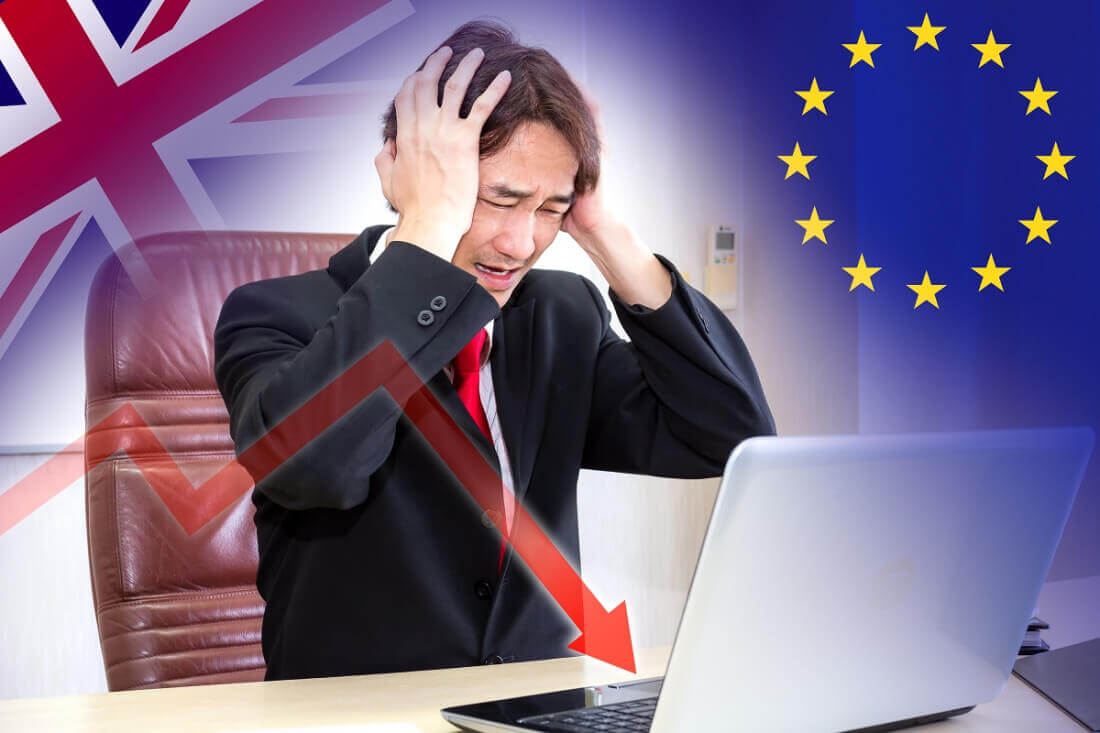
Another large tech firm has been forced to raise the price of its goods and services in the UK as a result of Brexit. This time, the pound’s plummeting value against the dollar means Microsoft’s enterprise software and cloud services are about to become more expensive.
The Redmond firm quietly announced that, beginning January 1, 2017, “most” of its enterprise cloud services will be increasing 22 percent. On-premise enterprise software, meanwhile, will jump by 13 percent to align closer to the Euro.
Microsoft’s decision will only affect its business customers in the UK, and it won’t apply to those who have existing agreements already in place. “Customers with Enterprise Agreements have price protection on previously ordered enterprise software and cloud services, and will not experience a price change during the term of their agreement,” the company wrote.
Microsoft stressed that it isn’t increasing the UK prices of its consumer products, though it certainly wouldn’t be the first company to do so. Both Dell and HP introduced price hikes in the UK this year as a result of “unprecedented” currency fluctuations. OnePlus and Lenovo have also increased the cost of their goods, while the price of an HTC Vive has jumped from an already high $908 to $1000.
72 percent of the UK’s population took part in the June 24 referendum, which saw 48 percent of people voting to stay in the EU and 52 percent wanting to leave Europe. The outcome has seen the pound’s value drop 17.5 percent against the dollar, leading to the various tech firms' price increases. Don’t be surprised to see more companies raise the cost of their UK products over the next few months.
https://www.techspot.com/news/66803-microsoft-becomes-latest-company-raise-uk-prices-result.html